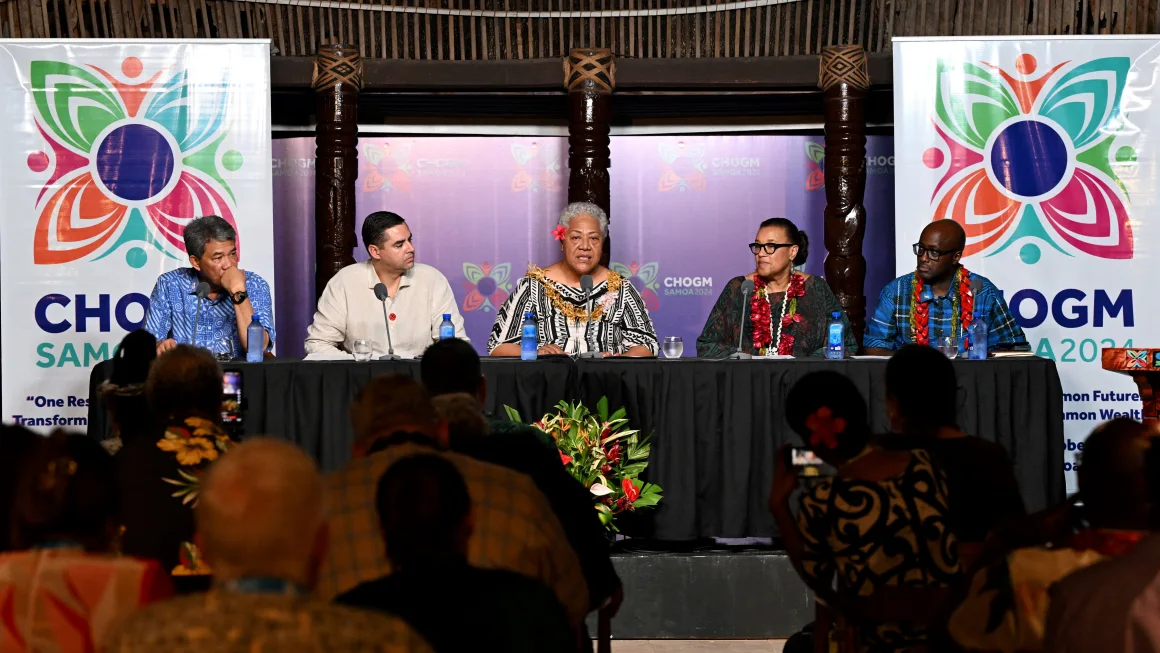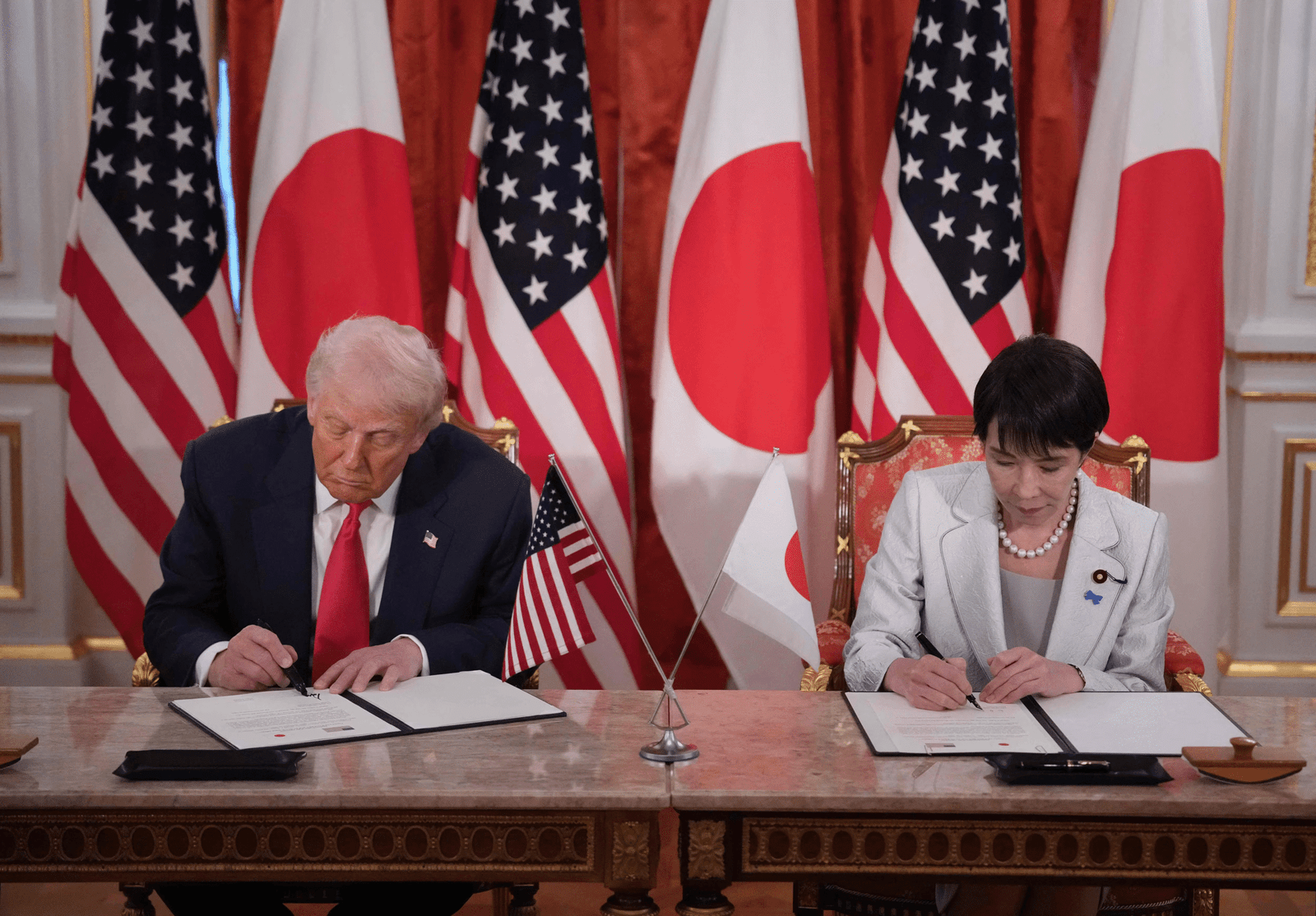At a recent summit, Commonwealth leaders collectively expressed that the time has come to engage in serious discussions regarding reparations for slavery. This pivotal conversation marks a significant step towards acknowledging the historical injustices and their lasting impact on descendant communities. Leaders from various nations emphasized that addressing the legacy of colonialism is essential for fostering reconciliation and healing within their societies.
The discussions focused on various forms of reparations, ranging from financial compensation to educational initiatives aimed at raising awareness about the historical context of slavery. Advocates argue that reparations can play a crucial role in rectifying past wrongs and promoting equity in present-day societies. Commonwealth leaders have recognized that acknowledging history is vital for creating a just future, one that honors the experiences and struggles of those affected by slavery and colonialism.
This renewed commitment to reparative justice reflects a growing understanding of the importance of addressing historical grievances. As discussions continue, the Commonwealth is expected to explore practical steps that can be taken to implement reparative measures. The outcome of these dialogues could significantly impact international relations and set a precedent for how countries confront their colonial pasts while striving for a more equitable future.











